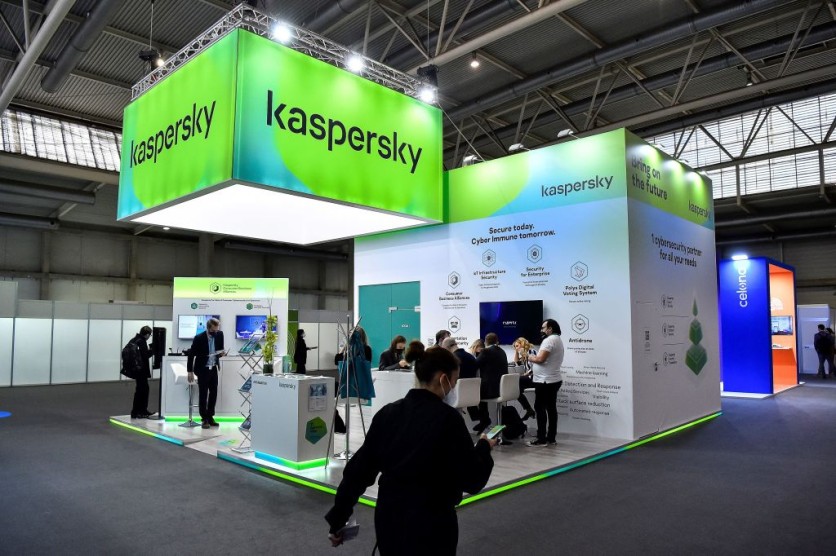Russian antivirus giant Kaspersky is pulling out of the US market, laying off dozens of employees and shuttering its US operations. This decision comes after a US government ban on Kaspersky software citing national security concerns.
US Ban Prompts Exit

Kaspersky announced a "gradual wind down" of its US operations starting July 20, coinciding with the ban's implementation. The company deems its US business "no longer viable" due to the ban.
Independent journalist Kim Zetter was the first to report that less than 50 US employees will be laid off.
Legal Challenge Abandoned
Kaspersky initially contested the ban. They asserted they "do not engage in activities which threaten U.S. national security" and would "pursue all legal options" to maintain operations. However, facing an uphill battle, they opted for withdrawal.
"Russia has shown it has the capacity, and even more than that, the intent to exploit Russian companies like Kaspersky to collect and weaponize the personal information of Americans," U.S. Commerce Secretary, Gina Raimond told the reporters via call at the time.
US Concerns: Security Risks from Russian Ties
In June, the US Commerce Department implemented a "first-of-its-kind" ban on Kaspersky software sales, citing security risks stemming from the company's Russian headquarters.
The government believes Russia could potentially exploit Kaspersky's access to US devices for espionage.
Impact of Kaspersky's Exit to the US Consumers
The ban unfolds in two phases. From July 20, Kaspersky can no longer sell new software licenses.
Existing users can continue using their software, but after September 29, they will no longer receive updates or security patches. This will render the software progressively less effective against evolving cyber threats.
Staggered Ban Allows Transition
The Commerce Department designed the ban with a transition period to allow US consumers time to find alternative antivirus solutions.
Treasury Department Sanctions Executives
According to TechCrunch, the US Treasury Department further sanctioned several senior Kaspersky executives, effectively barring US entities from paying Kaspersky for software or doing business with future companies led by these executives. Notably, Chief Executive Eugene Kaspersky himself wasn't sanctioned.
Kaspersky Encountered Issues in the Past Already
The US government's hot eye towards Kaspersky isn't new. In 2017, during the Trump administration, the federal government banned Kaspersky software after a Russian hacking incident involving a compromised computer running Kaspersky software.
Kaspersky's exit from the US market leaves American users facing disruption and uncertainty. The company's claim of innocence remains an open question, while the US government prioritizes national security.
With all operations of the cybersecurity giant ceasing soon on American grounds, users will be forced to seek alternative antivirus solutions.
In other news, Ultrahuman's smart ring, the Ring Air has received FDA-approved AFib detection along with other improvements in the latest update, Tech Times reports.

ⓒ 2025 TECHTIMES.com All rights reserved. Do not reproduce without permission.




